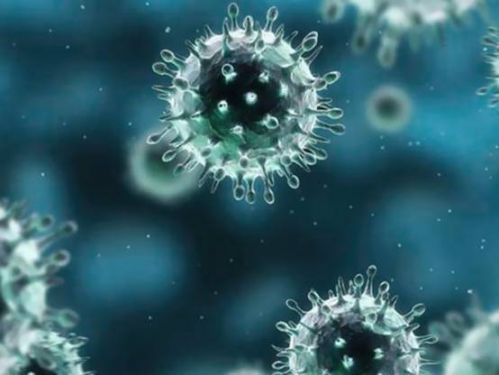How long can 2019-nCoV survive? Is there any specific drug to prevent it? Is it transmissible between pets and humans? … These questions concerning the 2019 novel coronavirus are answered.
On February 3, the 13th routine conference on the prevention and control of 2019-nCoV was held in Hubei Province. Three members on the high-level team of experts of China’s National Health Commission introduced relevant information. Let’s take a look at the answers to 8 new FAQs about 2019-nCoV.
Q1: Has the virus mutated?
A: Although patients with few or no symptoms have been reported across the nation, no evidence has yet pointed to the mutation of the virus. Relevant departments are also carrying out rigorous monitoring. If any mutation occurs, appropriate measures will be adopted.
Q2: How long can the virus survive?
A: The virus will precipitate immediately after it comes out of the human body and it won’t float in the air. In this sense, there is no virus in the air. However, virus-laden droplets may fall on the hard surface and humans may make contact with viruses with their hands. Viruses can stay on the smooth surface for several hours and survive for 1-5 days in a given environment. Thus, it is crucial to wash hands regularly.
Q3: Is there any specific drug for the virus?
A: There is no specific drug for the virus, but patients can be treated with special methods. The 2019-nCoV-caused pneumonia is a self-limited disease. Patients can remove viruses with their own immune system. As a general rule, the immune response lasts 2 weeks, but for some patients, their symptoms are more severe. In this case, they will be treated with special methods, including energy support, correction of electrolyte imbalance, respiratory support and organ-function support, in clinical practice.
Q4: Will the virus be transmitted along the fecal-oral route?
A: Although virus genetic material has been discovered in patient stool and rectal swabs, no virus has yet been isolated so far and a closer observation needs to be made. The fecal-oral route describes a particular route of transmission wherein pathogens in fecal particles pass from person to the mouth of another person in contaminated food or water. No case has yet been detected in terms of 2019-nCoV.
Q5: Are patients in the recovery stage and discharged patients contagious?
A: Chances are very slim. Clinically, patients in the recovery stage and discharged patients have tested negative twice for 2019-nCoV, there is no virus for duplication. Meanwhile, they have produced antibodies, so they are literally non-contagious.
Q6: Is there any case of a pet infected with the virus?
A: So far no such case has been detected. Just because the virus can infect a human being doesn’t mean it will infect other animals. No case has been reported that the virus is transmitted from a pet to a human being or vice versa.
Q7: Are children prone to the virus?
A: Yes, but their symptoms are milder. In general, children are prone to infection, but there is no critically-ill patient or death among children. Moreover, infected children display mild symptoms. As the new semester is around the corner, closer observations need to be made.
Q8: Is there any need to take drugs to prevent the infection of the virus?
A: The answer is no. Those who are not infected by the virus are not recommended to take drugs in order to protect themselves from catching the virus. In fact, no effective drug has been developed for prevention currently.
